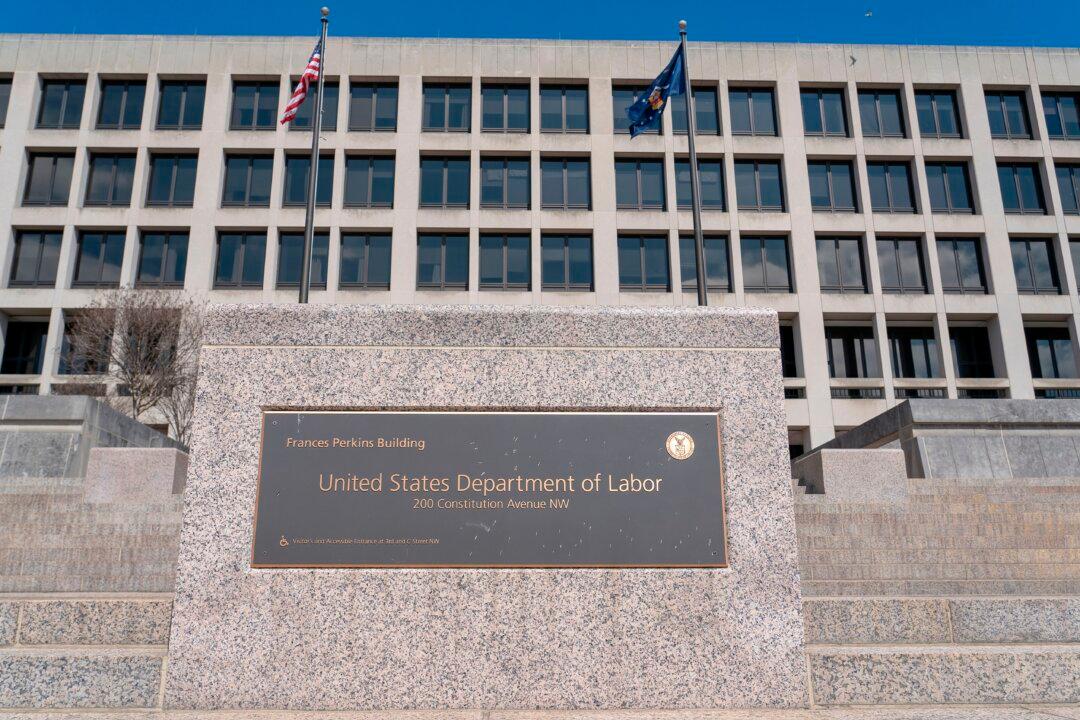U.S. lawmakers are fighting back against a new Biden administration rule that allows retirement money to be invested according to environmental, social, and governance (ESG) criteria.
Every Republican senator, plus West Virginia Democrat Joe Manchin, signed on to a disapproval resolution recently in protest of a Department of Labor (DOL) directive that went into effect on Jan. 30. The resolution asserts that the Biden administration is putting the pensions of 152 million Americans at risk to support “climate and social justice.”





